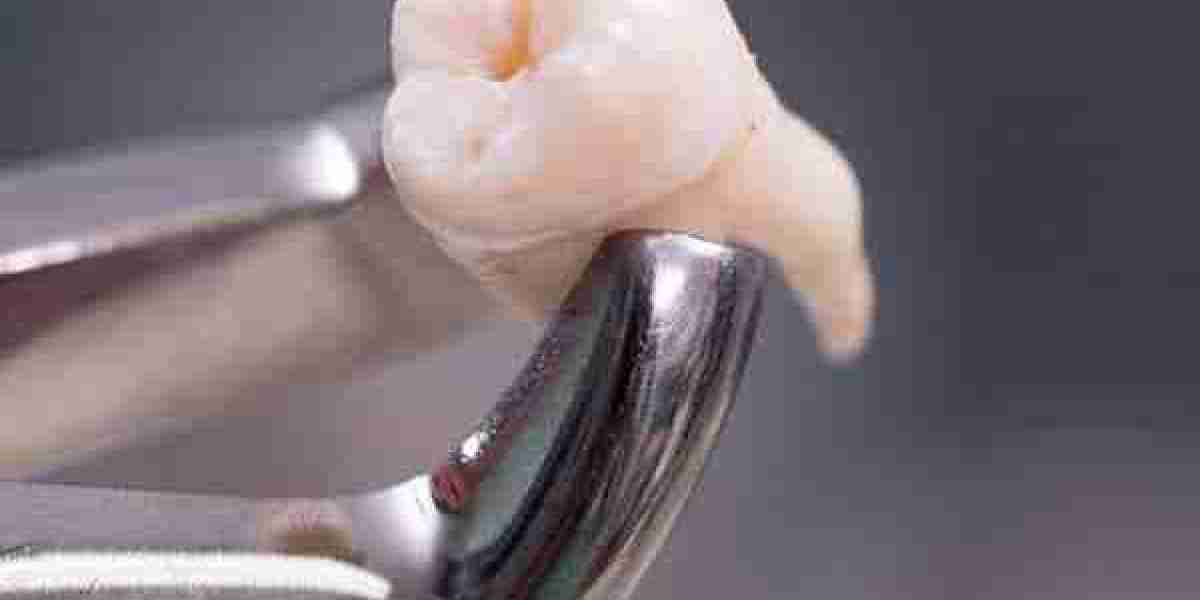If you’ve ever wondered why are wisdom teeth called wisdom teeth, you’re not alone. These third molars usually appear in the late teens or early twenties, a time historically associated with the onset of adulthood and, supposedly, Wisdom Tooth Extraction. While their emergence often leads to dental complications today, the origin of their name offers an interesting glimpse into human history, development, and cultural beliefs surrounding maturity and growth.
The Meaning Behind the Name:
The name “wisdom teeth” stems from the age at which they typically erupt—usually between ages 17 and 25. This developmental stage has long been linked to a person’s transition into adulthood, when cognitive abilities and decision-making are believed to become more refined. Historically and across various cultures:
The word “wisdom” refers to maturity, not necessarily intelligence
In Latin, they’re called “dentes sapientiae,” literally meaning “teeth of wisdom”
Greek and Arabic languages also link these molars to maturity and judgment
Anthropologists suggest the late eruption aligned with social roles assigned to young adults
The name reflects more of a symbolic idea of wisdom rather than an anatomical function, as these molars aren’t inherently smarter or more useful.
The Evolutionary Role of Wisdom Teeth:
Thousands of years ago, wisdom teeth played a critical role in helping early humans chew coarse, raw food. At a time when diets were made up of uncooked meat, roots, nuts, and fibrous plants, an extra set of molars was essential. Evolutionary insights show:
Ancient humans had larger jaws, accommodating 32 teeth comfortably
No modern dental care existed, so tooth loss was common; wisdom teeth served as replacements
They aided in chewing tough foods when other teeth wore down
Over time, human diets softened due to cooking and agriculture
Today, the reduced need for these teeth—combined with smaller jaws—has made wisdom teeth more of a nuisance than a necessity.
Why They Often Need to Be Removed?
Despite their symbolic name, wisdom teeth are often removed due to complications they cause when they erupt in modern jaws. With most people lacking adequate space, these molars can become impacted or misaligned. Common reasons for extraction include:
Impaction: Teeth don’t fully emerge or grow sideways
Infection: Crowding can lead to trapped food and bacteria
Damage to Adjacent Teeth: Pushing against neighboring molars
Cyst Formation: Fluid-filled sacs can develop around the tooth
Orthodontic Interference: Wisdom teeth can disrupt braces or aligners
While not everyone needs them removed, the majority of people face at least one complication requiring evaluation by a dental professional.
Cultural Beliefs and Wisdom Tooth Symbolism:
In addition to anatomical reasons, the idea of Wisdom Tooth Extraction Treatment has sparked cultural interpretations worldwide. Different societies have assigned various meanings and superstitions to their eruption, such as:
In Japan, they’re called “oyashirazu,” meaning “unknown to parents,” referencing independence
Some Native American tribes viewed wisdom teeth as a rite of passage
Certain cultures see removal as bad luck, believing it disrupts natural energy balance
In modern Western culture, getting them removed is a common milestone in late adolescence
These cultural views add layers of meaning to why we call them “wisdom” teeth—often blending physical growth with spiritual or psychological development.
Final Thoughts: Wisdom Teeth and Human Growth
To sum up why are wisdom teeth called wisdom teeth, the answer lies in their timing, not their function. Their late appearance during a phase associated with gaining experience and maturity gave rise to their name. While these molars once served a crucial evolutionary purpose, today they’re more often removed than relied upon. Key takeaways include:
They erupt during a period once thought to symbolize wisdom and adulthood
Their role has diminished due to changes in diet and jaw size
They frequently cause problems requiring surgical removal
Cultural interpretations add unique perspectives to their meaning
Whether you view them as a biological relic or a symbolic marker of growing up, wisdom teeth remain one of the most fascinating features of the human mouth.




